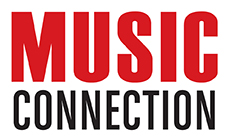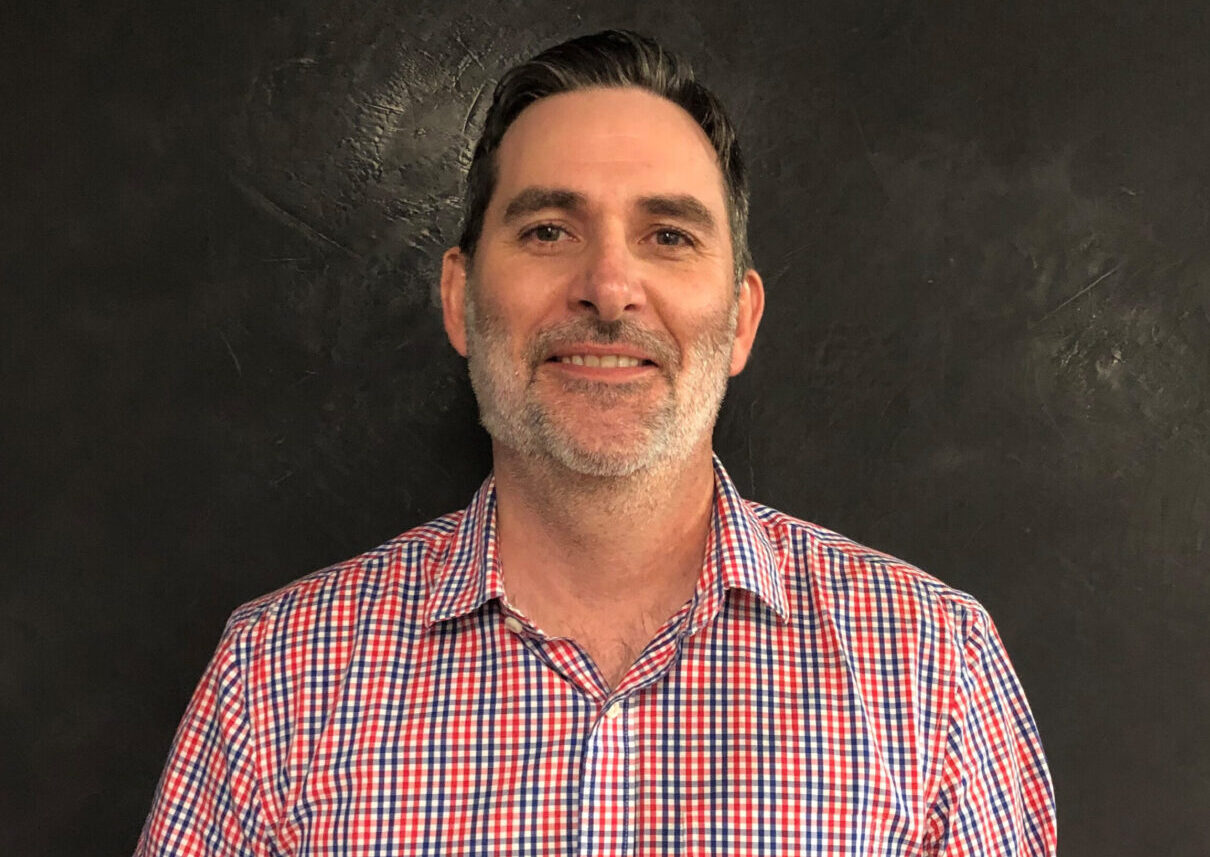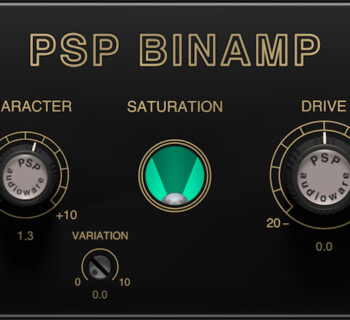According to The Guild of Music Supervisors, a music supervisor is “a qualified professional who oversees all music-related aspects of film, television, advertising, video games, and other existing or emerging visual media platforms.”
For this article, I chose to use some excerpts from my book, The Best Jobs in the Music Industry. All of these music supervisors are top Hollywood players, and they give some great insight and advice … If you would like to hear more about this and other jobs in the music industry, make sure to listen to my podcast GIG with Mike Redman.
Music supervision is made up of people who, for the most part, love music and love selecting the perfect song to marry with images on film, TV, and other electronic media. I truly believe that if you are interested in getting your music into a film, TV show, or game, it’s important to understand everything you can about the role of a Music Supervisor (the person that will decide to give you a shot).
Music supervisors are responsible for finding music, sometimes recording it, negotiating the licensing rights, and doing a pile of supporting paperwork to create the paper trail that will follow a project: a film can have many iterations of licensed usage as it travels from theaters to pay-per-view, and then streaming. However, this job is not exactly the romantic position most people think it is; it’s hard work.
KEVIN EDELMAN
President, Metalman Media Inc.
If you’ve seen Invasion, Homeland, John Wick, Unstable, or Bones, you have heard the work of Kevin Edelman. He’s been one of Hollywood’s top music supervisors for more than twenty years, so you can assume he knows exactly what he’s talking about in my interview with him.
Kevin, what would you say is the biggest misconception people have about what you do as a music supervisor?
“I would say it’s the idea that all we do is listen to music all day and find cool songs. Song picking is one element of the job, but as an overall profession, it’s only one piece of the job description. There are a lot of technical aspects to the job in terms of interfacing with production and postproduction, as well as tedious administrative work.
We oversee budgets and handle music licensing and clearances. Then, of course, there’s the fun part, which is picking songs.”
So, do you get to work in the recording studio?
“Yes, we do work in the studio on specific projects when producing original tracks for a film or a television show. Sometimes it’s with the actors, if they are going to be performing on camera, and sometimes it’s with recording artists or session players to create a new track. This is an area where every music supervisor will have a different level of expertise.”
How does a music supervisor get hired and paid?
“Typically, a music supervisor is hired by the production company. On a film, we typically get paid a flat rate because we’re independent contractors hired by the production to work on this specific project for the duration of the production. On a television show, it’s usually on an episodic basis.”
Do all the costs of producing the music come out of your fee?
“No, we don’t typically work on a package like a composer. Composers are often hired on a package rate, which includes all production of music, the musicians, the studio, any other expenses that they might incur. As music supervisors, our rate is more of a creative and/or administrative fee, which is a flat fee. Any of those other music production expenses have to be budgeted separately.”
Kevin, what’s the most challenging part of being a music supervisor?
“There are a few, but I have found that one of the most challenging aspects is managing the massive amount of music coming at you. There are music catalogs, labels, publishers, and managers everywhere you turn, so you want to find the gems and companies that can deliver on creative and work within your budgets. And, of course, you have to have solid relationships with the major labels and publishers for the more popular stuff.”
What would be your dream project?
“I feel like I’ve been so fortunate to work with such talented people on some dream projects throughout my career: Criminal Minds, Homeland, and John Wick. So, if I could work with those same producers, editors, directors, and composers on a music-driven project that might be more appropriate for my kids, that would be a real treat.”
What are the top skills somebody would need to be successful at your job?
“First and foremost, you need to have good communication skills. I’ve met a lot of people with tons of music knowledge, but some just can’t convey a thought or idea clearly and concisely. Conversely, the best music professionals (music supervisors and composers) are incredible communicators. They can take what a producer is trying to say and perfectly translate it into a piece of music.
Having that level of communication and being able to listen, control your ego, and keep the musical wheels turning are all important skills. It’s not about what your favorite song is; it’s all about fulfilling a creative vision for your show’s writer, director, or producer. Once you’ve tapped into what they’re trying to accomplish, it’s like steering a freighter. You just have to turn the rudder a little bit and guide them toward something that will be even better than what they had in mind, and maximize the impact that music can have on the project.”
MIKE LADMAN
Head of Music, DROGA5
“The first thing I do when I get to the office is open up a music blast inbox and download whatever seems interesting, drag it into my iTunes, listen, and file as much good music as possible. It’s very hard trying to find a way to catalog and remember every good song that has potential placement in an ad, so I’ve developed a system of playlists and playlist folders, which now numbers in the thousands.”
What’s the biggest challenge for you in this type of work?
“It’s the subjectivity of music taste and inability of people to separate personal taste from the right music for a project. The challenge is trying to get 20 people who have different upbringings and different opinions to all agree on what music allows the film to have the most impact. There’s lots of data to support a music choice, but the numbers don’t account for the unexplainable magic of the perfect song that gives you “the feel.”
Do you get to spend much time with artists or composers in the recording studio?
“Yes, and that’s one of the great things about Droga5. Everyone realizes the power of music, so a lot of our scripts rely on a song’s lyrics instead of a voice-over to tell the story and messaging, which is rare in television commercials.
When creating original music, we often work with music houses. Music houses are what you may think of as a jingle house, although most bespoke music isn’t what you may think of as a jingle. They compose a series of tracks based on our creative brief. Once we select our favorite track, we often go into the studio to work with the musicians to revise and edit the track to our liking.”
Where do you think the music industry is headed in the next three to five years, Mike?
“It will just keep evolving and growing in importance. What was the first thing that happened when people went into the COVID lockdown? Everyone and their accountant became a music supervisor and made a playlist. Music was the first thing people turned to for a cure and comfort when they couldn’t find the words to express how they were feeling. I believe talent will always rise to the top. The current issue we face is over saturation of music and the expectation of overnight viral success.”
GARY CALAMAR
President, Go Music Supervision
Gary Calamar is without a doubt one of the most successful contemporary music supervisors of our time. His credits include top-line TV and cable shows such as True Blood, House, Dexter, Weeds, Swingtown, and the list goes on. When I caught up with Gary, he was running between table reads and sessions, as he does most days. He is a confident but humble guy, who loves what he does for a living and is willing to share his thoughts with us on what it means to be a music supervisor today and in the future.
Where do you find your music?
“Well, I find music all over. I’m always reading music magazines, U.K. music magazines, and I follow different music blogs. There’s no single place, but I try to just keep my ears open all the time.
I also get a bunch of music sent to me and listen to all my colleagues at KCRW, who play a lot of great music; XM Sirius radio plays great stuff, too. I also try to surround myself with friends who are music lovers, and they make suggestions to me.
I get sent so much music between the radio show and the television shows that it’s just impossible for me to listen to everything that comes in.”
Could you walk me through a day at the office?
“A day could start off with a fairly clean to-do list, but then by 10:30 a.m., there are three fires on one show and a clearance that won’t happen on another show, and we need to find some “Indian bakery” music for another show.
The things that we do every day may include trying to find music for a particular scene in a show or trying out different songs against the rough cut. At the same time, we’re negotiating deals with the record labels and publishers, or maybe trying to work out a soundtrack situation because we might want to use a song in a show and then in a soundtrack down the line.
So that’s the fun part, but what’s the toughest part of your job?
The toughest part is dealing with politics. Usually, I’m working closely with the creator and the producer(s) of the show, but often there’s a studio involved and the network that’s airing the show. They all have their two cents to put in, and the internal politics can get a little stressful and frustrating, but that’s just part of the job, and the rest is great.
Do you sometimes have to work with music selection by committee?
I would say yes, most of the time. Usually, the producer and writer of an episode have a vote on what goes in . . . so, yes, it’s generally by committee, and also a collaboration. I’m bringing the music to the group, and we’ll decide what gets in by committee.”
If someone reading this is knowledgeable and loves music, what kind of advice might you give them to get their foot in the door?
“A good way in is an internship because there’s a lot to learn. If you can work free or close to it, that works. I got started that way, and I think that, especially music supervisors, who are not making that much money anyway and can’t afford a big staff, always appreciate someone who will come in and help for free, even if you come in and say, “I can be here two days a week to help out.” I can tell you that I’ve had several interns who have gone on to bigger and better things, and I have someone with a master’s degree interning now. She’s learning a lot and learning well.”
RAPHAELLA LIMA
Global Music Partnerships, Electronic Arts
What different types of music might you find yourself using or pitching for a game title?
“Here at EA, we release dozens of titles a year, and when picking music, it’s a combination of looking at the game itself, who we are marketing it to, and the personality or musical strategy we have defined for that title.
We have different categories of games as well. There are the mission-based or first-person shooters, and most of them will be matched with an originally composed score. For those, we will work with the best music composers available to create an interactive score soundtrack. Medal of Honor, Dragon Age, Mass Effect, and Battlefield are some examples.
Another large category is sports titles. Our philosophy here is to look ahead, predict the future. It’s really about finding those new bands and new musical trends that are on their way up and will be happening around the time we release a title. We may also look for elements such as tempo and energy, depending on the title and the personality it has adopted.
NHL, for example, is a combination of new and established artists, leaning on rock with a very anthemic and arena-quality sound. There are a lot of new acts launched in the game that end up having songs become a staple in the arenas for the live sporting events.
FIFA, as another example, has the vision to represent as many different countries and cultures when building the soundtrack. Being Brazilian and a huge soccer fan, I also try to capture the soul of the sport and the emotional moments, so in that game, you might hear something very up-tempo, but you might hear something pretty laid back. Sometimes you may think that a slower song wouldn’t fit in a video game, but it does!
There are other titles, like The Sims, where it’s a combination of composed and licensed music, but if it is licensed music, the vocalists are required to go back into the studio to recut their vocals in “Simlish.” It’s a very unique approach, and the team has worked with everybody from the Black Eyed Peas to Depeche Mode, Howard Jones, Katy Perry, Lilly Allen, and the Pussycat Dolls . . . the list goes on . . . to re-create their hits in the game’s language.”
How involved are you personally in the actual creative process for music development?
“Well, that is our primary role. My department works together with the producer, director, executive producer, or whoever might be at the other end of a game title and in charge of the game’s vision. We sit and identify what the goals are for the title, what the target audience is, and how we might approach the music in that particular version or year. Our job is to define a music strategy and deliver it; my job is mostly creative.
That’s great! Music supervision for video games sounds quite different from the music supervisor position in episodic TV programming or film.
Yes, it’s very different. I’m working on an independent documentary right now, and it’s a very different experience. Most of the time, you’re presenting them with creative ideas, but a lot of time is spent just going out and “clearing” what they want. At EA, we have a licensing team of three people that focuses solely on music rights and clearance. Once a song is chosen for the game, they negotiate fees and contracts. You wear a lot of different hats.”
What’s the biggest challenge of your job?
“I think one of our biggest challenges is how the music industry is changing and being affected by technology. Artists now finish recording an album and can immediately put it out in the market, making it a bit harder to stay ahead of its curve.
Another thing that I find difficult is trying to explain a new trend or creative approach to the corporate executive who has his mind set on AC/DC for the trailer to a game. You have to put on your marketing and sales hat in order to illustrate why your proposal is much more relevant to the culture and consumer of a particular game, and that by using the track we suggest, the product will gain that much more prominence in the marketplace.”
Aside from being organized and a multitasker, what skills do you think are the most important for a music supervisor in gaming?
“Well, you do need to understand the world of rights and licensing—what it takes to clear a song, et cetera. Like, a rock track can be very different to license than a hip-hop track. You need to have an understanding of what things cost and the reality of getting specific songs for the budget that you have. You also need to know your artists and understand if they are willing to be associated with a violent game or certain type of content (some aren’t willing to do that). Additionally, you need to master negotiation skills.
You need to have a real understanding of current and upcoming trends in music and be very resourceful; you also must understand your audience and the product you are servicing.
As someone who has been in this line of work for a long time, what do you think the future of the music industry holds?
I think it’s very exciting, honestly. I know that the record business itself isn’t thriving right now, but artists, who are real artists, have a chance to shine and own their ground.
Music is becoming more of a multifaceted art form. I see us going back to complete artistry, to the days where you pick up an album with not just an amazing collection of songs but with unbelievable artwork and a story behind it; videos and all of that. Of course, it may not be an album we will be picking up. Still, it will be a complete experience that is led and inspired by music and immediately translated into different languages (mediums).
So, there you have it! Music Supervisors have a great job that’s both creative and full of responsibility, and reward. I wish you much success with your music and career. If you have questions, please reach out to me at [email protected].
MICHAEL REDMAN is an award-winning composer, engineer, director, producer and author. He has been a serial entrepreneur for most of his career, having started over nine companies, including The Hard Rock Academy, PowerHouse Music Library, and BackStage Fan. Redman has also published three books, two of which focus on the Best Jobs in the Film and Music Business and his highly regarded visual entertainment company RedHouse was one of the largest Film Production and Technology firms in the Southeast. Currently, Redman is a career coach for people in the entertainment industry, and he is launching a streaming entertainment network, which he says is… “very, very secret!” He is the host of the podcast ‘GIG with Mike Redman’ available at the Music Connection home page.













